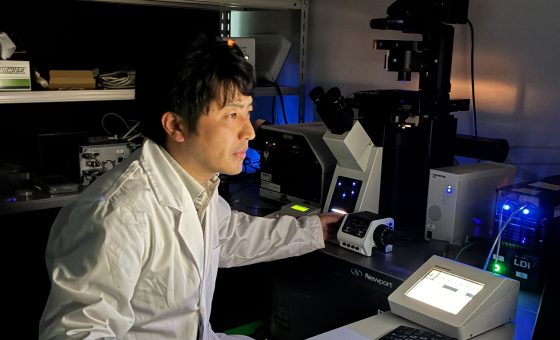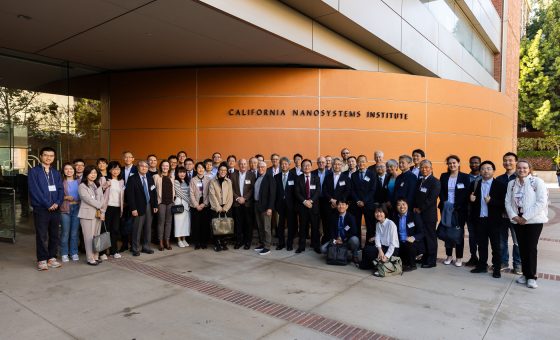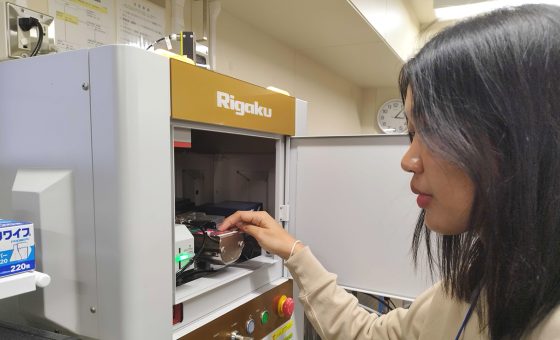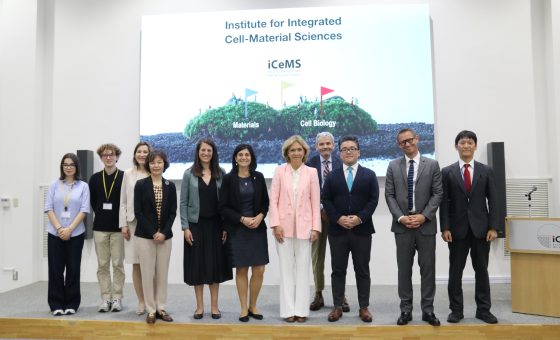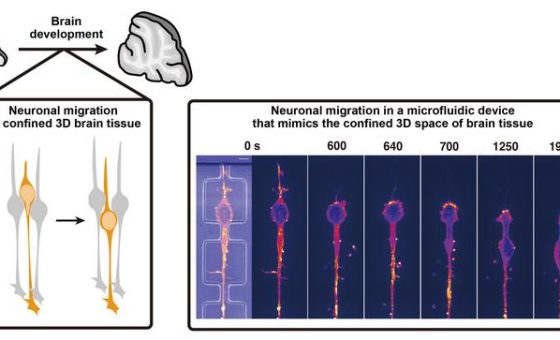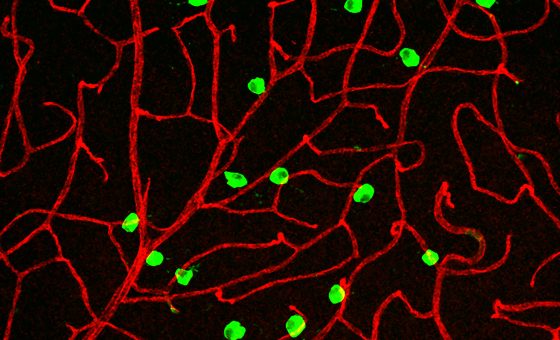Controlling proton conduction with light
Adding photoacid to a special kind of melted polymeric crystal allows better and switchable proton conductivity. This could lead to new materials for memory, supercapacitor and transistor technologies
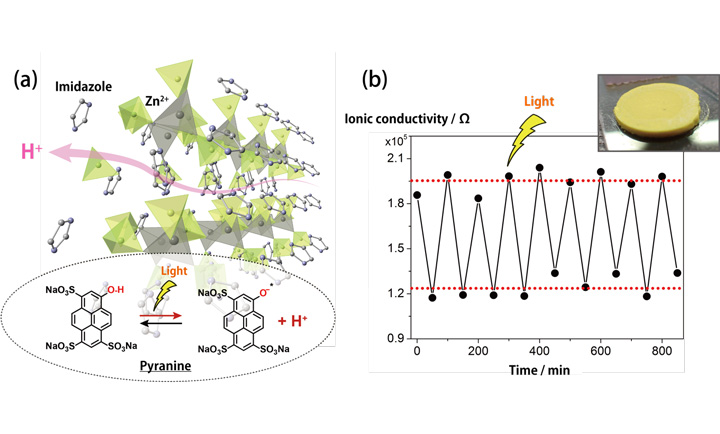
A team of researchers led by Satoshi Horike and Susumu Kitagawa of iCeMS have demonstrated an on/off switching behaviour in a coordination polymer crystal. They synthesized a coordination polymer (CP) by reacting zinc oxide, phosphoric acid and imidazole in ethyl alcohol at room temperature. The CP was then melted and triflic acid was added. The resultant mixture was then cooled and recrystallized. This ‘acid doping’ of the CP significantly enhanced its proton conductivity.
This research was published online on April 10, 2017 in Angewandte Chemie International Edition.
Further details are available at the following page:
Kyoto University | Controlling proton conduction with light
